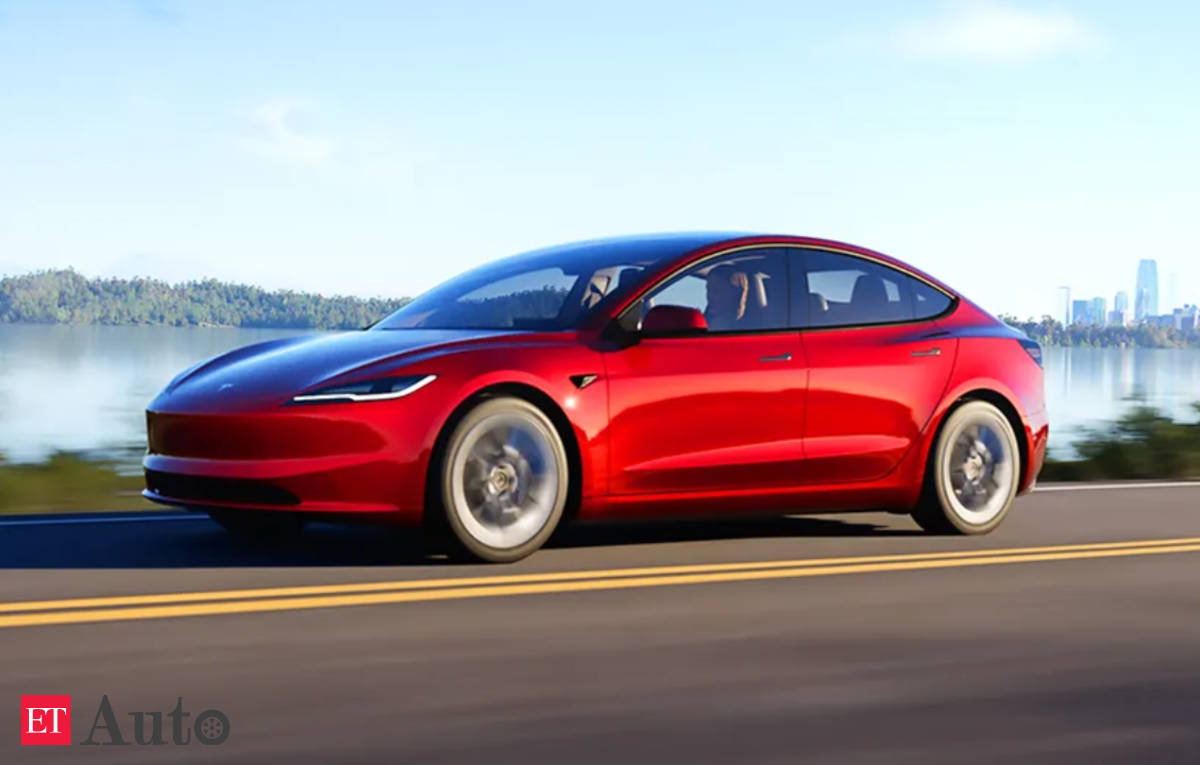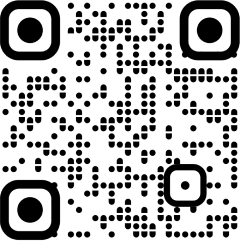Luminar Technologies, a maker of lidar sensors for self-driving cars, said on Tuesday that Tesla was the largest customer for its sensors in the first quarter, accounting for more than 10% of its total revenue of USD 21 million during the period.
Tesla’s electric vehicles that are sold do not use lidars and it is not clear where Tesla used the sensors. Tesla CEO Elon Musk previously slammed rivals’ use of the lidar sensors, which he called “expensive appendices.”
“Lidar is a fools’ errand. And anyone relying on Lidar is doomed,” Musk said in 2019.
Lidar, which stands for light detection and ranging, shoots out light pulses that are reflected off objects, allowing self-driving systems and driver-assistance software to gain a three-dimensional map of the road. Many self-driving companies and experts regard it as a crucial component, especially during low-light situations.
Tesla eliminated other sensors like radars and sound sensors in recent years. It relies on cameras to detect objects for its Autopilot or Full Self-Driving software, which does not make its vehicles autonomous.
Photos of Tesla vehicles with lidar sensors on their roofs were circulated on social media. Tesla in the past denied speculation that it may use lidars as part of its Autopilot system, saying, “We regularly test our own technologies against other sensors to calibrate our camera, sonar and radar system.”
Musk is betting big on self-driving cars, planning to unveil a robotaxi in August. Rivals like GM’s Cruise have scaled back on investments in self-driving cars, hampered by heavy investments and technological and regulatory challenges.
Luminar posted a loss of USD 10.46 million in the first quarter. Its shares closed at USD 1.65 each on Tuesday, compared with its peak of USD 41.80 in 2020.
The Florida-based company said last week it would cut its workforce by about 20% and reduce in-house manufacturing as part of restructuring plans.





